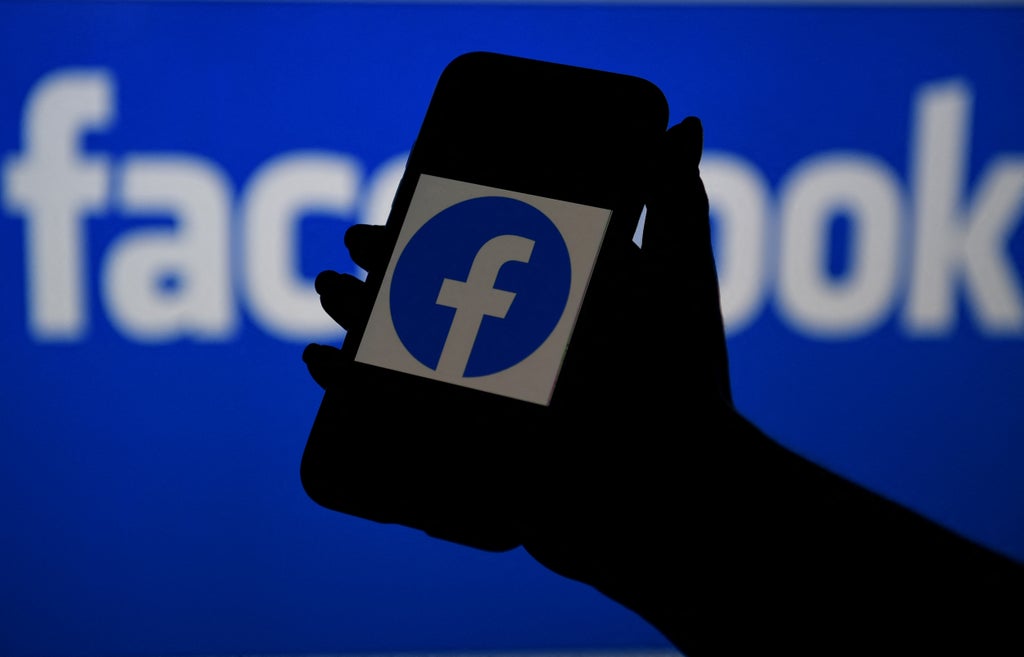By Maria-Paula
Facebook late Tuesday disabled the personal accounts, access, and pages, belonging to two New York University academic researchers, Damon McCoy and Laura Edelson connected to the NYU’s Cybersecurity for Democracy project. The duos access to Facebook’s Ad Live was cut off from studying political ads and COVID misinformation in its platform.
The worlds biggest social media network cited concerns about other users’ privacy while accusing the learners of unlicensed scraping on the platform. Various Facebook critics claim the move is a termination of research work that paints the company wrongly.
The academicians launched an online library in 2020 to collect data about the political ads people on the platform with concentration on which ads they’re shown and why those ads were targeted at them. Despite receiving a cease and desist letter from Facebook last year before the US general elections, the researchers, who had at least 16000 people install the browser extension, criticized the site library for lacking details and being complex for users.
“NYU’s Ad Observatory project studied political ads using unauthorized means to access and collect data from Facebook, in violation of our terms of service,” Mike Clark, Facebook’s product management director, shared in a blog post. “We repeatedly explained our privacy concerns to New York University, but their researchers ultimately chose not to address them and instead resumed scraping people’s data and ads from our platform.”
Facebook says the Ad tool offended its privacy regulations since their advertisers information, including their Facebook IDs, photos and names were exposed. They also said the data collected by the browser extension could as well be used to identify content about other users who interacted with the ads but did not permit sharing of their information .
Additionally, Facebook mentioned that it has a searchable online database tool available to all its users, the Ad Observer, and created to enlighten researchers into how the site targets Ads by improving clarity over advertising on its services and equally generating it trillions worth of revenue.
In connection to the Cambridge Analytica data privacy scandal where the company paid $5 billion in fine, Facebook said it took action to end unauthorized scraping and protect people’s privacy. This was done to abide by an agreement it reached with the Federal Trade Commission in 2019.
But on Wednesday, the researchers disputed Facebook’s accusation of them collecting private data about Facebook users.
“We really don’t collect anything that isn’t an ad, that isn’t public, and we’re pretty careful about how we do it. By suspending our accounts, Facebook has effectively ended all this work. Facebook has also effectively cut off access to more than two dozen other researchers and journalists who get access to Facebook data through our project, including our work measuring vaccine misinformation with the Virality Project and many other partners who rely on our data, ” lamented Edelson on twitter.
Senator Mark Warner (D), chair of the Senate Select Committee on Intelligence, on Wednesday said that Facebook’s decision to incapacitate the New York University researchers accounts was a step backward. He added that Congress should step up in dealing with misconduct and fraud in online advertising.
“This latest action by Facebook to cut off an outside group’s transparency efforts – efforts that have repeatedly facilitated revelations of ads violating Facebook’s terms of service, political ads and ads for frauds and predatory financial schemes, that were improperly omitted from Facebook’s lackluster Ad Library is deeply concerning,” said Warner.
In 2018, negotiations between Facebook and the Knight Institute, representing the researchers, hit a deadlock when Facebook was encouraged to provide in its terms of service a clause that would allow journalists and academics to collect and explore data from its site, while protecting its users’ privacy.
This weeks occurrences have brought criticism on Facebook as a company whose transparency policy elicits division when it comes to some of the activities the platform develops.



